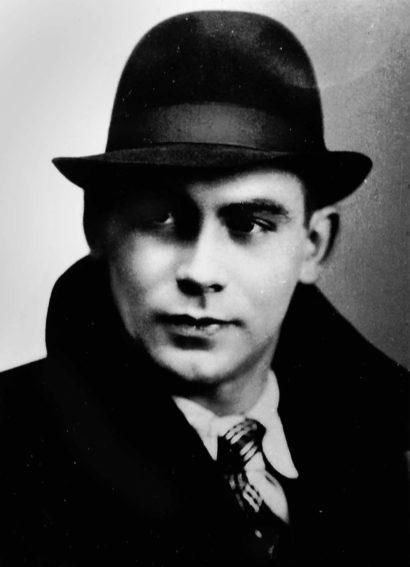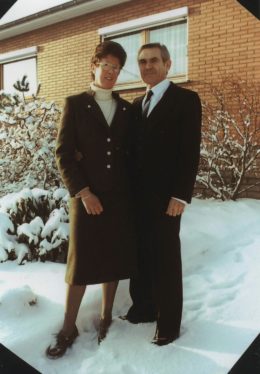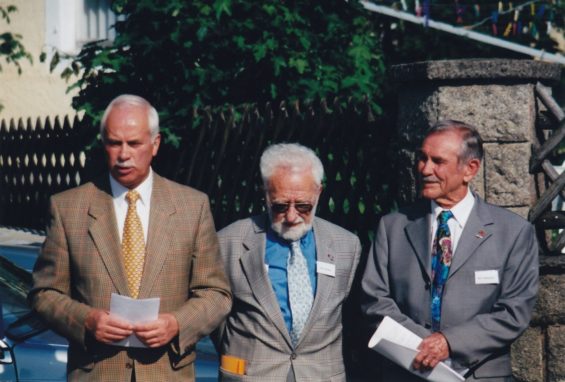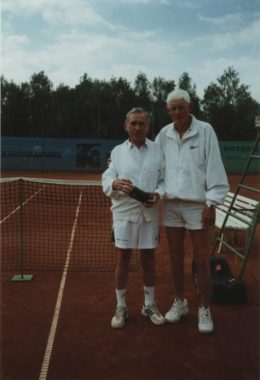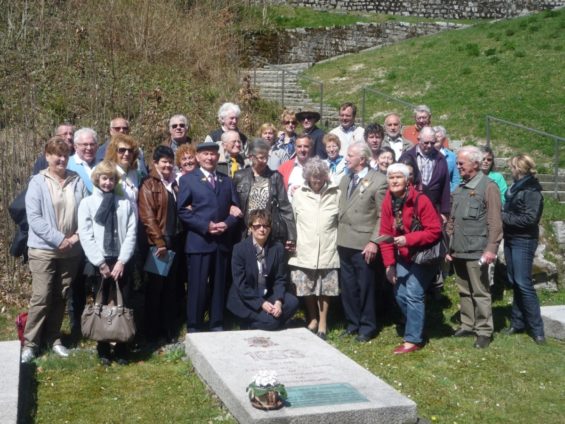Charles Dekeyser
born May 23, 1921
![]()
Charles Dekeyser, 1940 (private collection)
From Labor Volunteer to Concentration Camp Inmate
Charles Dekeyser was the oldest of five sons in a Flemish family in Lille. In 1931, the family returned home to Belgium. Although Charles completed eight years of primary education, due to his family’s financial circumstances he was unable to continue to secondary school.
Charles Dekeyser felt obligated to help support his family. Because he was unable to find steady work, in 1940 he volunteered for labor deployment in Germany. He was sent to work building an airport near Magdeburg. After he witnessed a fellow worker vanish, only to return several months later, emaciated and with a shaven head, Charles Dekeyser refused to extend his work contract. Back in Belgium, the German occupation subjected him to constant pressure and harassment for returning home. Charles Dekeyser then agreed to a second labor deployment. He was sent to work in a tank factory in the Ruhr region, but abandoned the work after only a few months. In December 1942, he was captured during a raid in Belgium and returned to the tank factory – now as a forced laborer. In the tank factory, he made an error that led to a decrease in production. After repeated disputes about the incident with his supervisor, Charles Dekeyser was arrested by the Dortmund Gestapo, who for five months tried to compel him into an admission of sabotage. In May 1943, he was transferred to the Flossenbürg concentration camp as an “enemy of the state.” There he was first put to work in the quarry, later assigned to the “forest commando”, and then assigned to work in aircraft production, and in removing the bodies of the dead. In July 1944, he registered for transfer to the Sachsenhausen concentration camp as a trained metalworker. He was liberated from a death march on May 5, 1945.
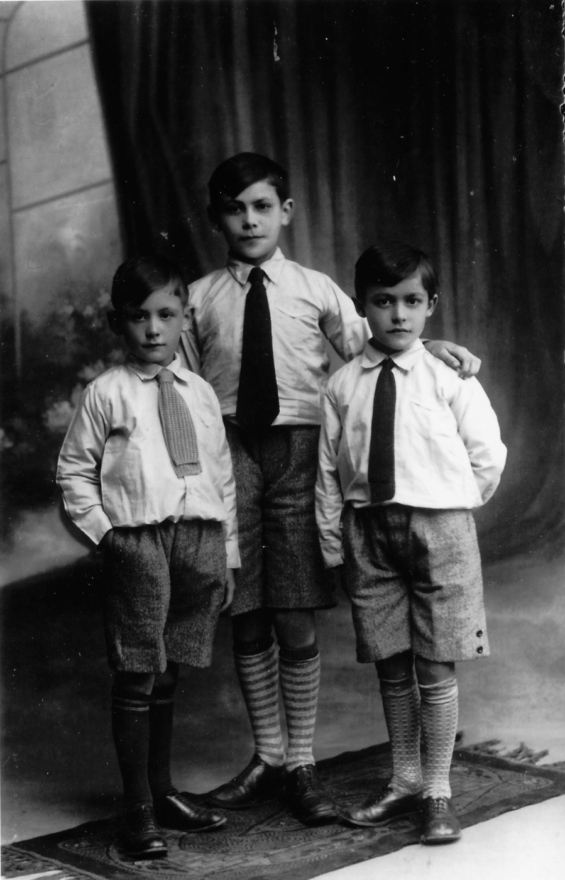
Charles Dekeyser with his younger brothers Raoul and André, 1933 (private collection)
After the war, Charles Dekeyser worked for the British army’s censorship department in Bonn. He married in 1946 and returned to Belgium, where he was a director for a roadway freight company. For many years, he did not speak about his experiences in the concentration camps. In 1989, during a visit to an exhibition on the Sachsenhausen concentration camp, he finally broke his silence. Charles Dekeyser first returned to Flossenbürg in 1995, on the fiftieth anniversary of the liberation. From that day forth, preserving and recounting his experiences at the Flossenbürg concentration camp became his new life’s work. Charles Dekeyser died shortly after his 90th birthday.
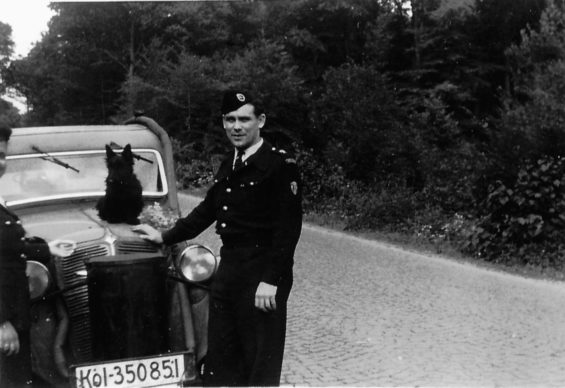
Charles Dekeyser during his work at the British army’s First Censorship Station in Bonn, 1946 (private collection)
![]()
Charles Dekeyser with his second wife Nelly, 1985 (private collection)
![]()
Former prisoners Charles Dekeyser and Roger Becker with Johann Werner, the mayor of Flossenbürg (from right), 2000 (Flossenbürg Concentration Camp Memorial)
In July 2000, Amicale – a union of former Belgian inmates of the Flossenbürg concentration camp – was given a slab of Flossenbürg granite to establish a memorial in the Belgian town of Jodoigne. Roger Becker and Charles Dekeyser went to Flossenbürg to receive the donation.
![]()
Charles Dekeyser (left) at a tennis tournament, 2003 (private collection)
After liberation, Charles Dekeyser began playing tennis. He continued to enter tournaments well into old age.![]()
Charles Dekeyser with the Belgian group at the 65th anniversary of liberation, Flossenbürg 2010 (Flossenbürg Concentration Camp Memorial)
